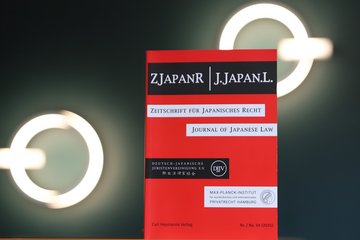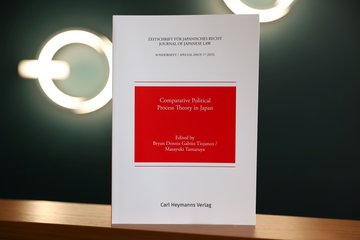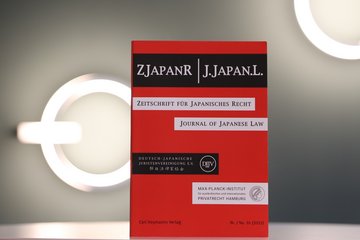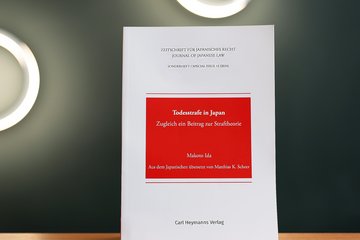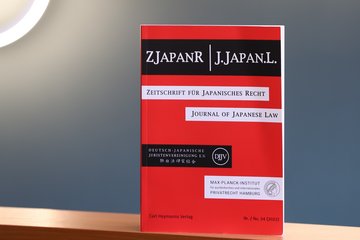Research into Japanese Law
The Max Planck Institute for Comparative and International Private Law in Hamburg is deeply involved with the comparative study of Japanese law, focusing on civil, commercial and economic law.
Comparative law focusing on Japan is a particularly interesting field because of the broad range of influences that have shaped modern Japanese law in its emergence as one of the world’s major mixed legal systems. Research on Japanese law demands the extensive incorporation of approaches from cultural anthropology, sociology, economics and politics. A particular task of this field is to apprehend and elucidate the tension between the law and extra-legal social mechanisms of regulation.
There is no doubt of the enduring importance of Japan – and thus also of Japanese law. The influence of Japanese law on other East Asian countries has been and remains considerable. Modern Japanese law constitutes a mixed legal system. As a result of Japan’s multi-layered history of legal reception, today it exhibits a mosaic of legal concepts from various legal orders. Not least among these influences is the German system, although it is embedded in a different legal tradition and legal mentality.
more
Research Focus in Japanese Law
Research related to Japan presently focuses on two themes of current interest. The first of these is the paradigm shift in the Japanese regulatory and supervisory model that occurred almost a decade ago in response to the challenges of globalisation. The second theme, which is loosely related to the first, concerns the changes underway in Japanese corporate governance. Both themes are a part of modern legal and institutional comparison within the “Triad” (US – EU – Japan). Thus, they can contribute to the discussion of the contours and limits of a potential international convergence of systems.
Japan introduced a fascinating array of de-regulatory reforms as well as some “re-regulatory” reforms across nearly all legal fields. The reforms’ stated goal was and remains the creation of a transparent regime of market-oriented regulations that prioritises market forces over bureaucratic control and that can thrive amidst competing international regulatory schemes. At the heart of the reforms is a fundamental systemic transformation which replaces a consensus-oriented, secretive, discretionary and bureaucratically vested model of economic guidance with a rule-based regulatory model.
more
Beginning in 2001, the Japanese legislature has incrementally undertaken a comprehensive reform of company law, making it far less regulated and far more flexible. This was meant to help overcome the economic crisis and enhance the competitive strength of domestic companies. A host of options for configuring their organisational structure and corporate governance are now available to stock corporations, which are the predominant legal structure for businesses in Japan.
more




